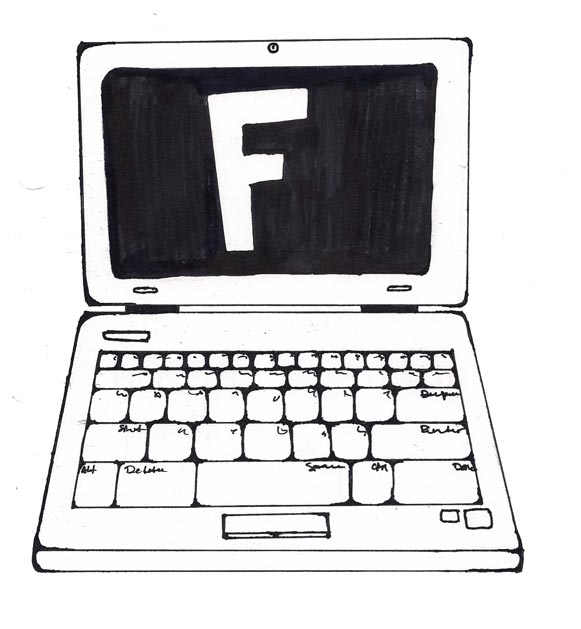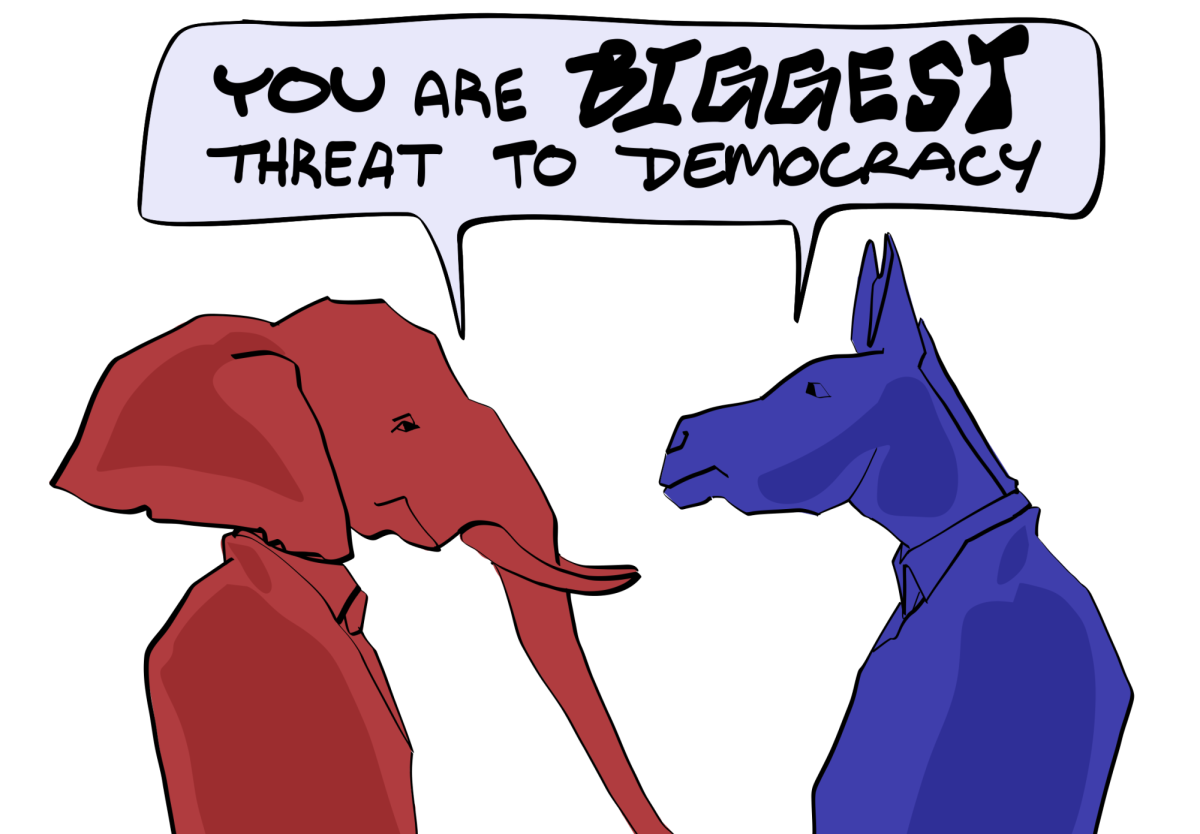
As the last half of the semester draws near, enrollment for classes next fall looms overhead.
Before signing up for online courses, consider why getting an education over the web may cost you a lot more than the enrollment fees.
High failure rate
Having taken a math course online through Chico State, I’ve experienced the frustration of learning material displayed on a computer screen firsthand .

The absence of spoken lectures was one of the biggest issues for me. The style of teaching I find most effective in a traditional class was replaced by the faint sound of my laptop’s electrical hum and the clicks of the mouse.
With no material spoken aloud, it was up to me to learn through the digital textbook. Gone were my days of scribbled notes in the margins and highlighted key terms, study tools necessary for me to stay engaged while reading.
As a result, I often found myself rereading pages because I had no clue what I had read the first time.
And alas, the blue glow of the Facebook tab was too enticing to ignore. Needing a break from my growing frustration, I’d seek refuge in meaningless memes and status updates.
Virtually all of the methods that help me stay attentive and alert in class were rendered useless online.
There is no doubt in my mind I would have failed that online math course if not for the math tutoring sessions I signed up for at the Student Services Center.
Luckily, that resource was available — studies show that failure to pass a class is not uncommon in an online setting.
It was found that 350 of the 12,700 students registered for an online bioelectricity class took the final exam, according to research by Yvonne Belanger, the head of assessment and planning for the Center for Instructional Technology at Duke University.
That is a 97 percent dropout rate. I think it is partially a result of dependency on the Web as the medium for teaching.
Although online courses have certain advantages, it’s clear that the method is flawed.
Stunting social interaction
Never again will someone be in an environment as expansive and diverse as a college campus.
This is a golden opportunity to dive headfirst into a mixing pot of people, to emerge well-rounded and more socially apt.
Learning online eliminates this peer and professor interaction and ultimately eliminates the opportunity for lifelong lessons.
Personally, I believe getting an education means so much more than memorizing information and regurgitating it on exams. To me, it’s about understanding the world I live in and how I play a role in it.
This is one situation where the traditional way truly is the best way to go about receiving an education.
Valerie Teegardin can be reached at [email protected] or on Twitter @vteegardin.









